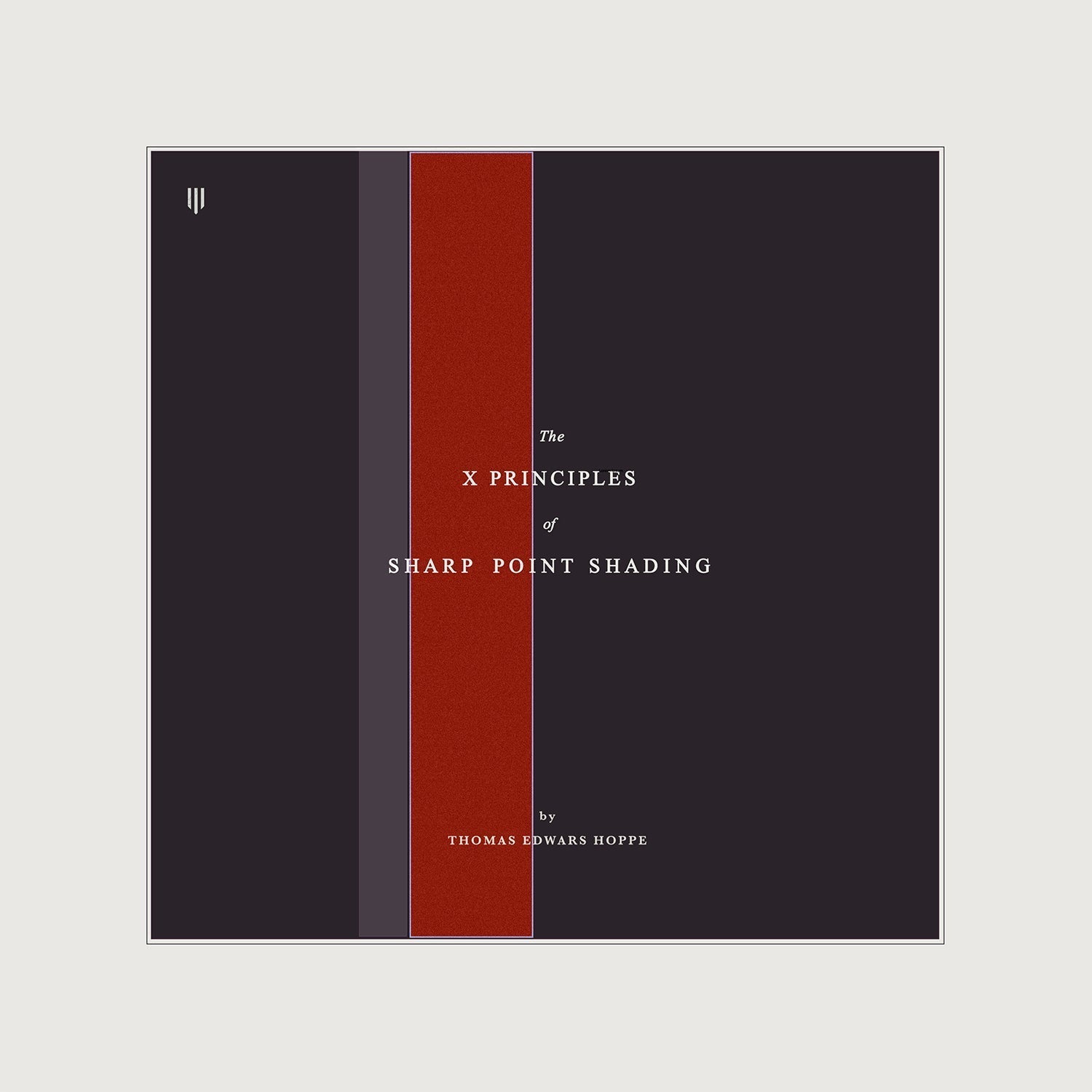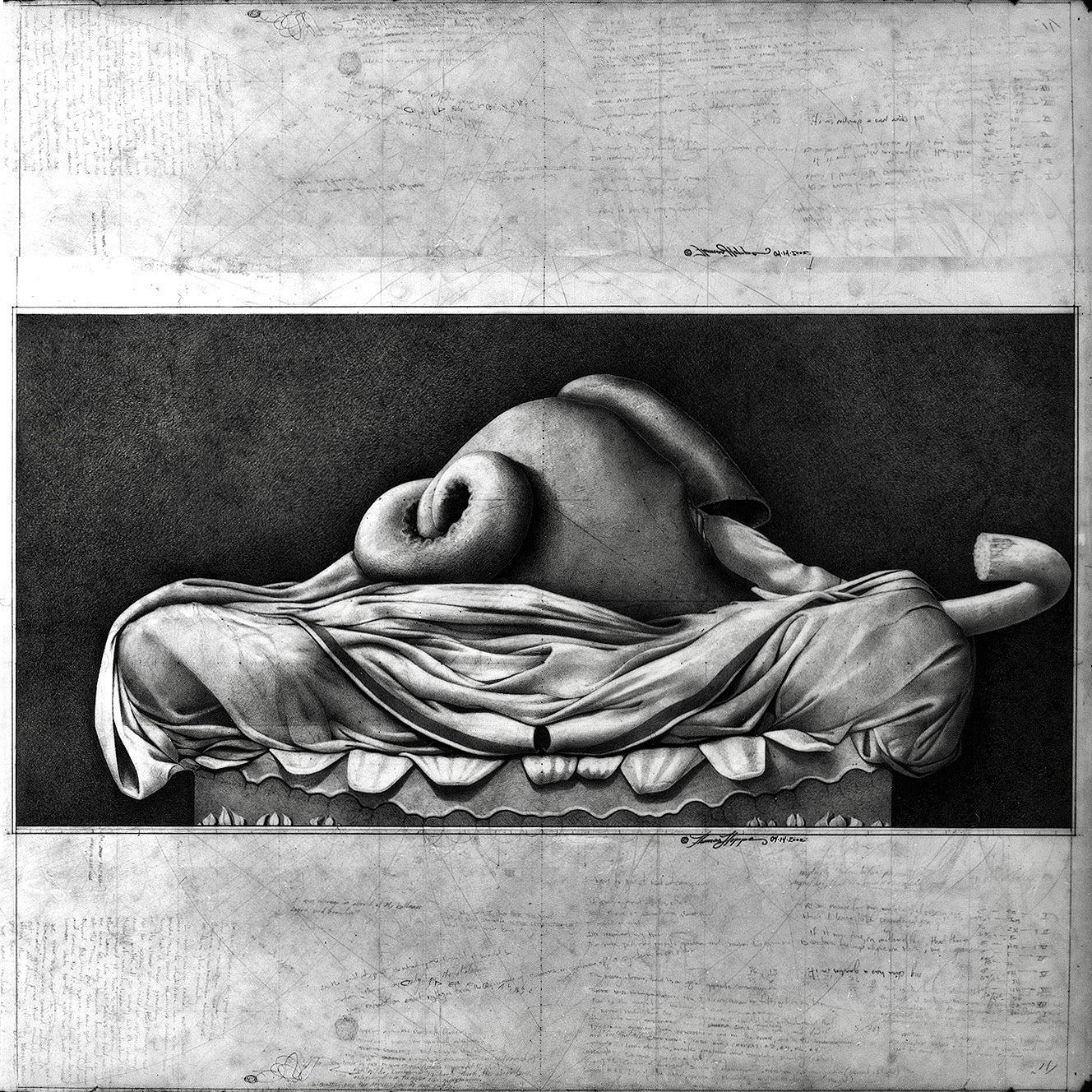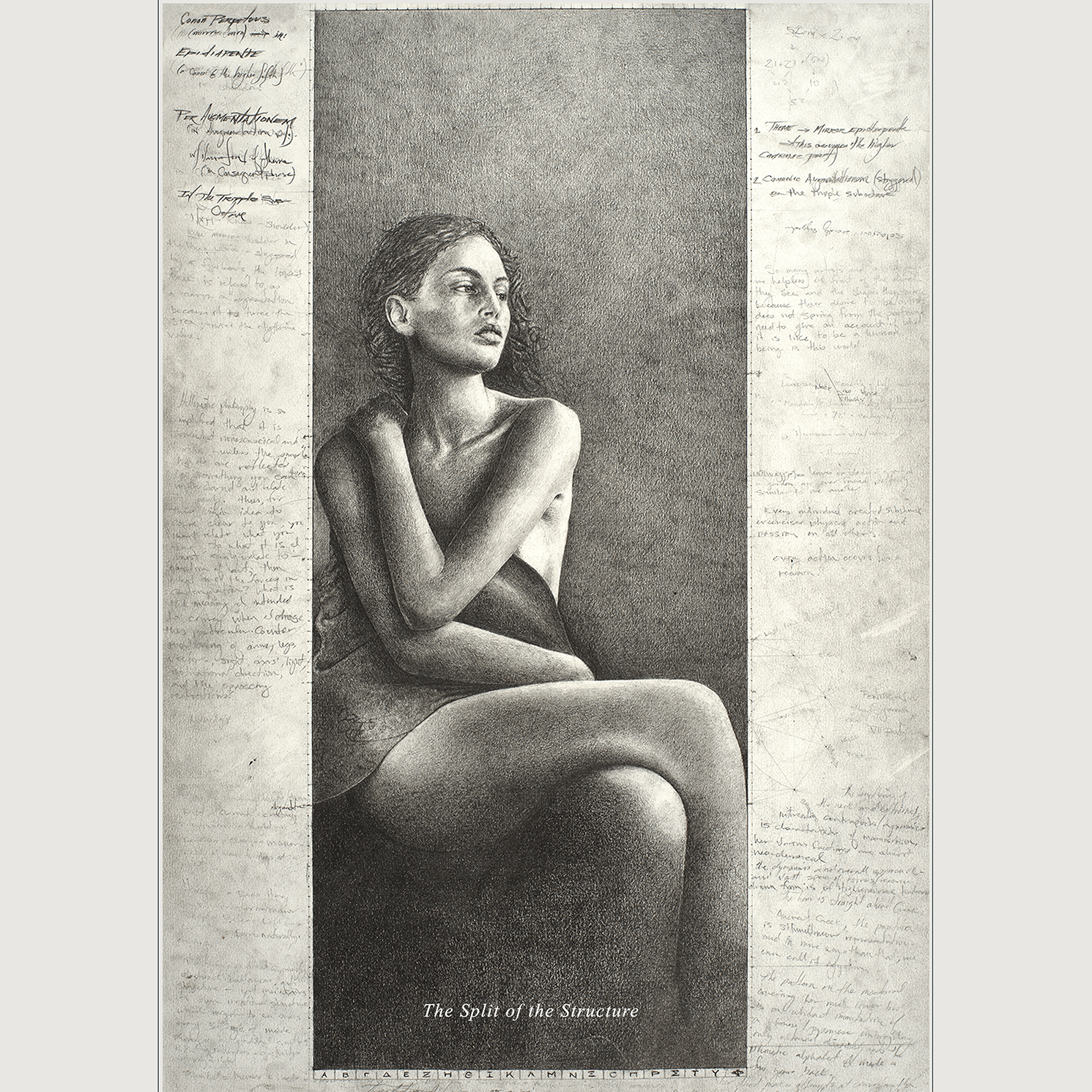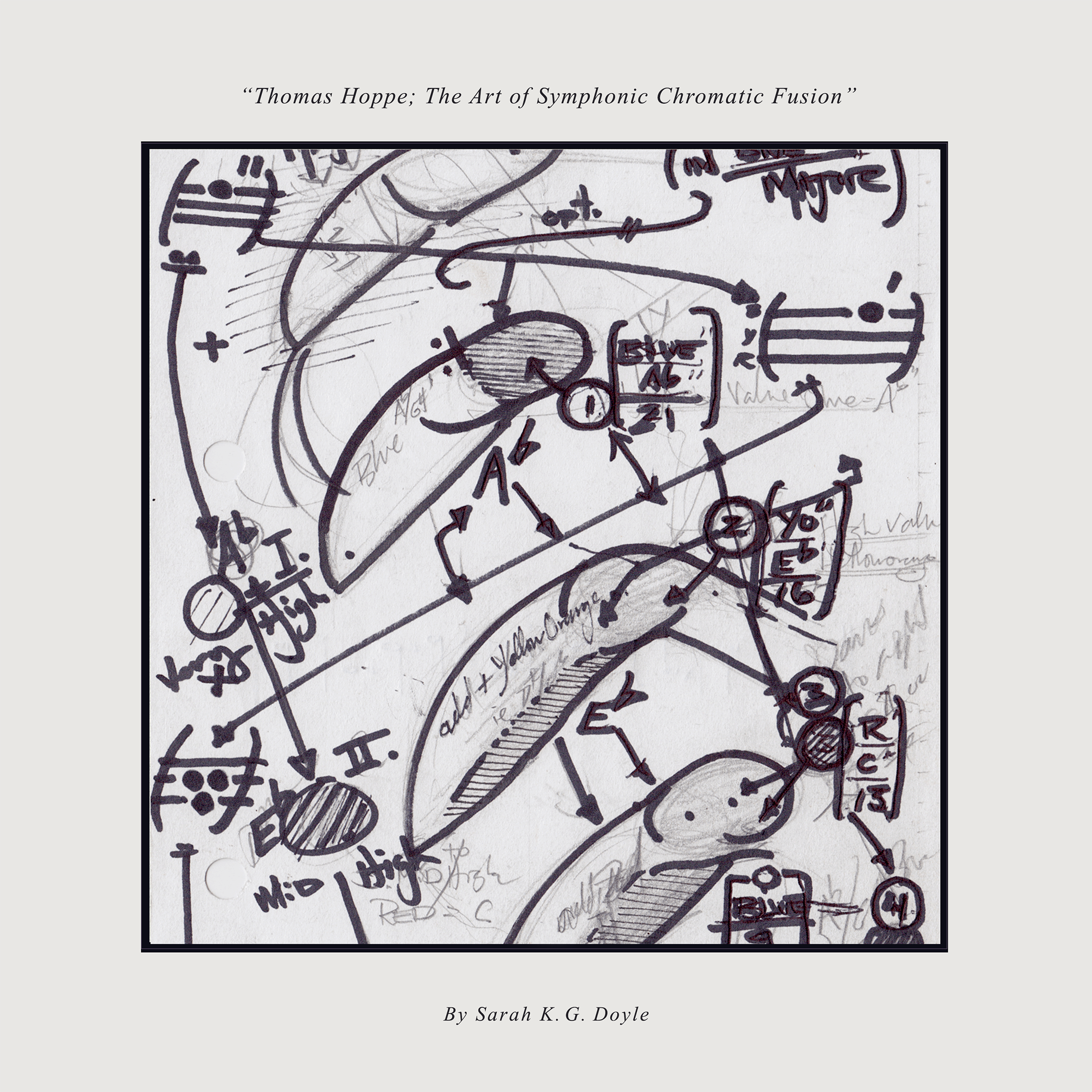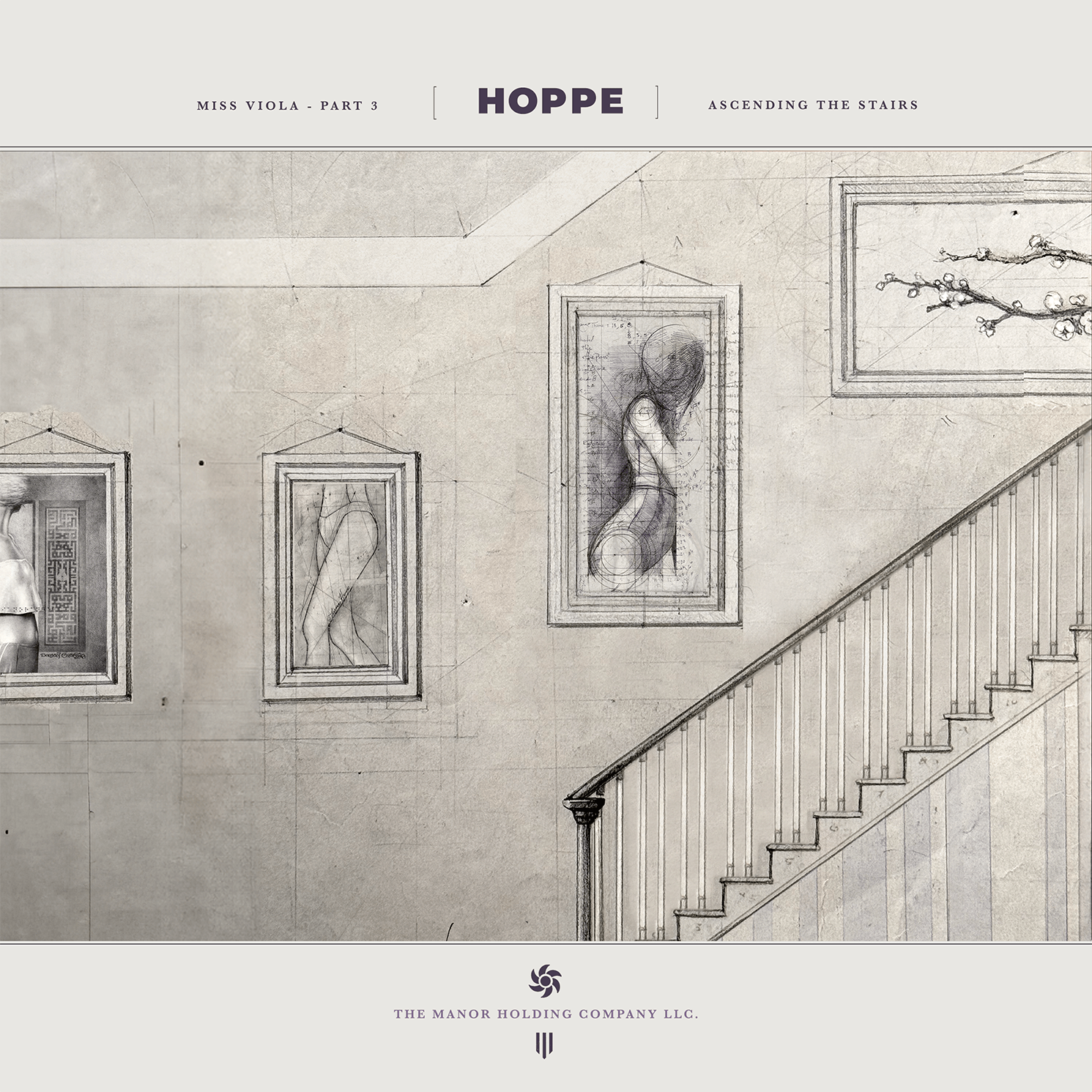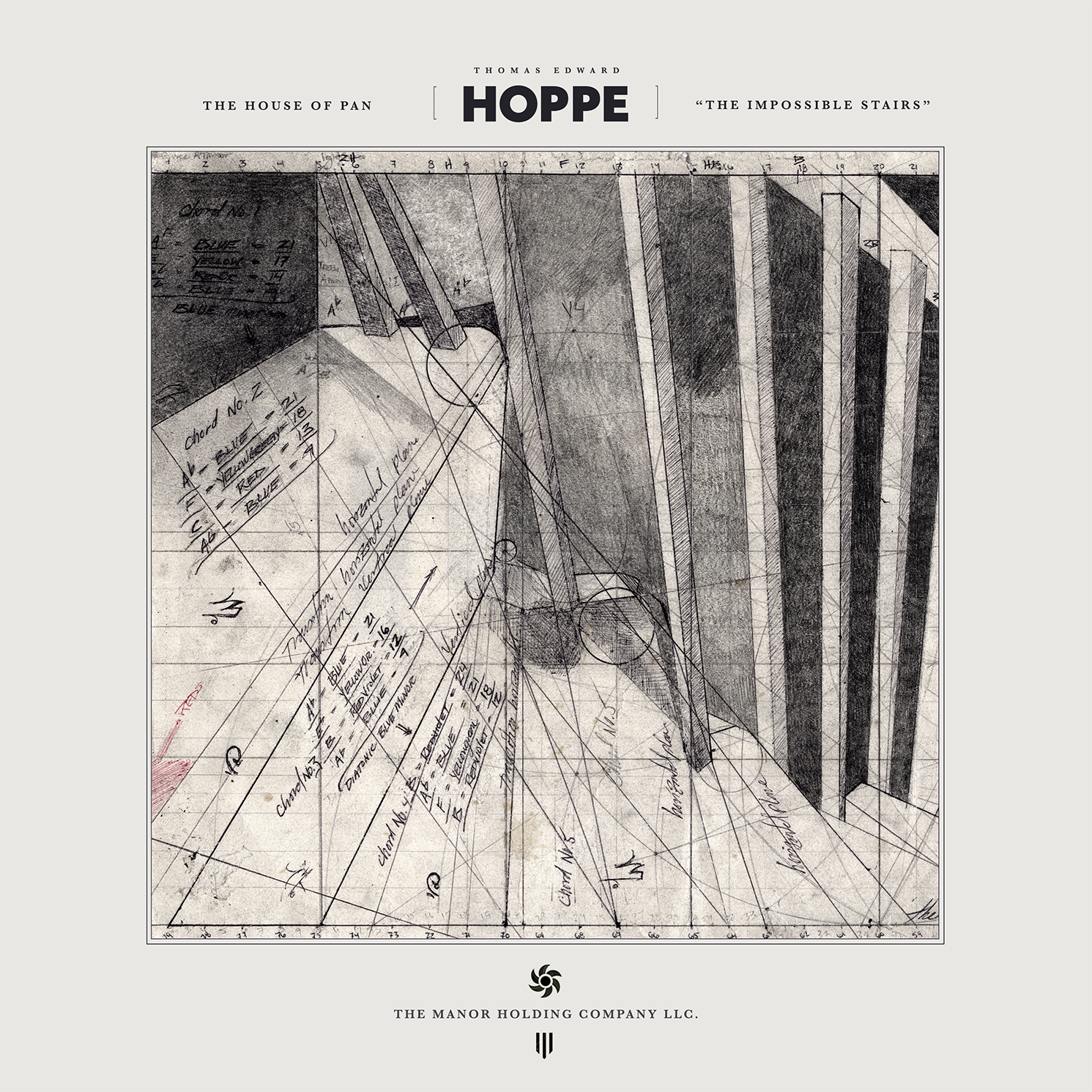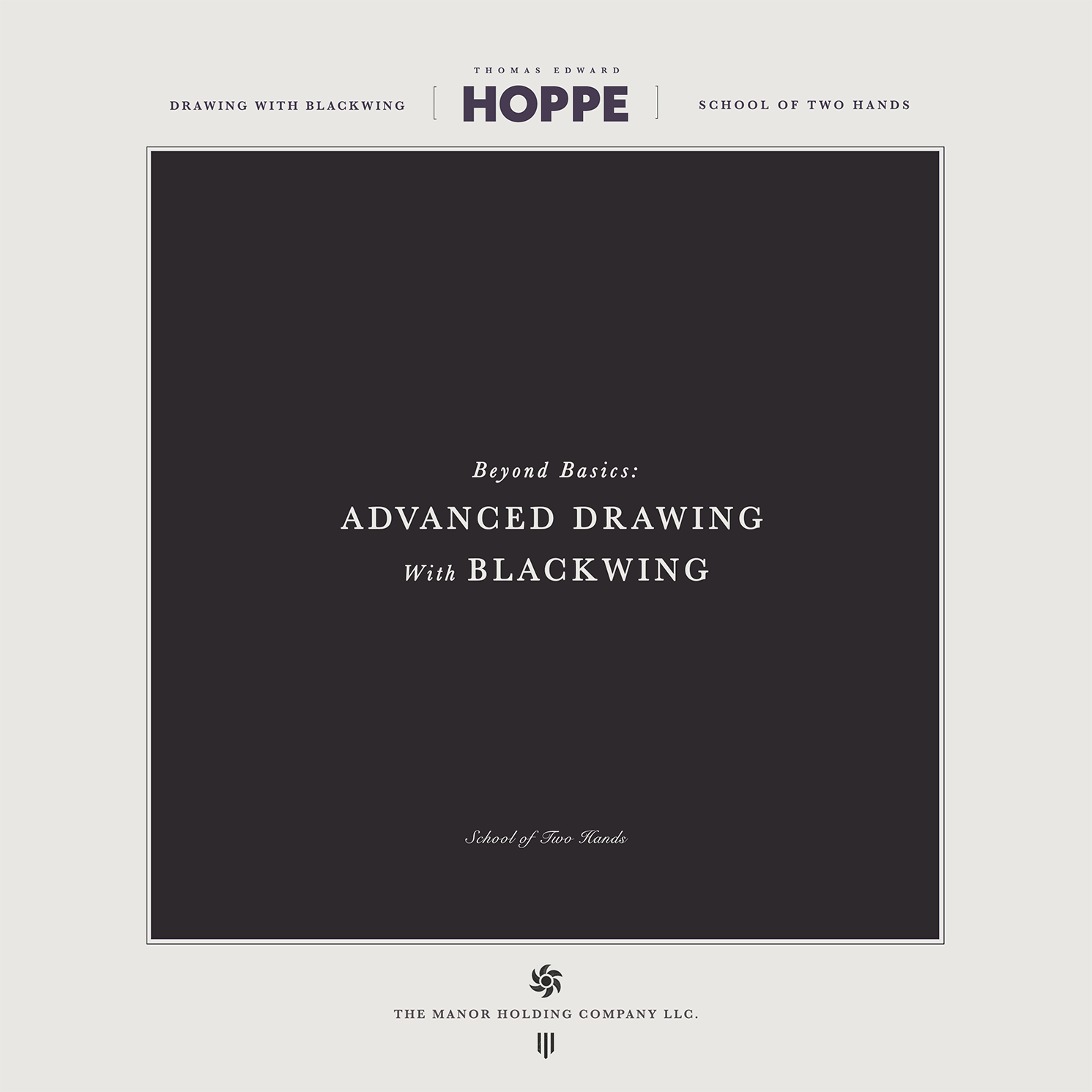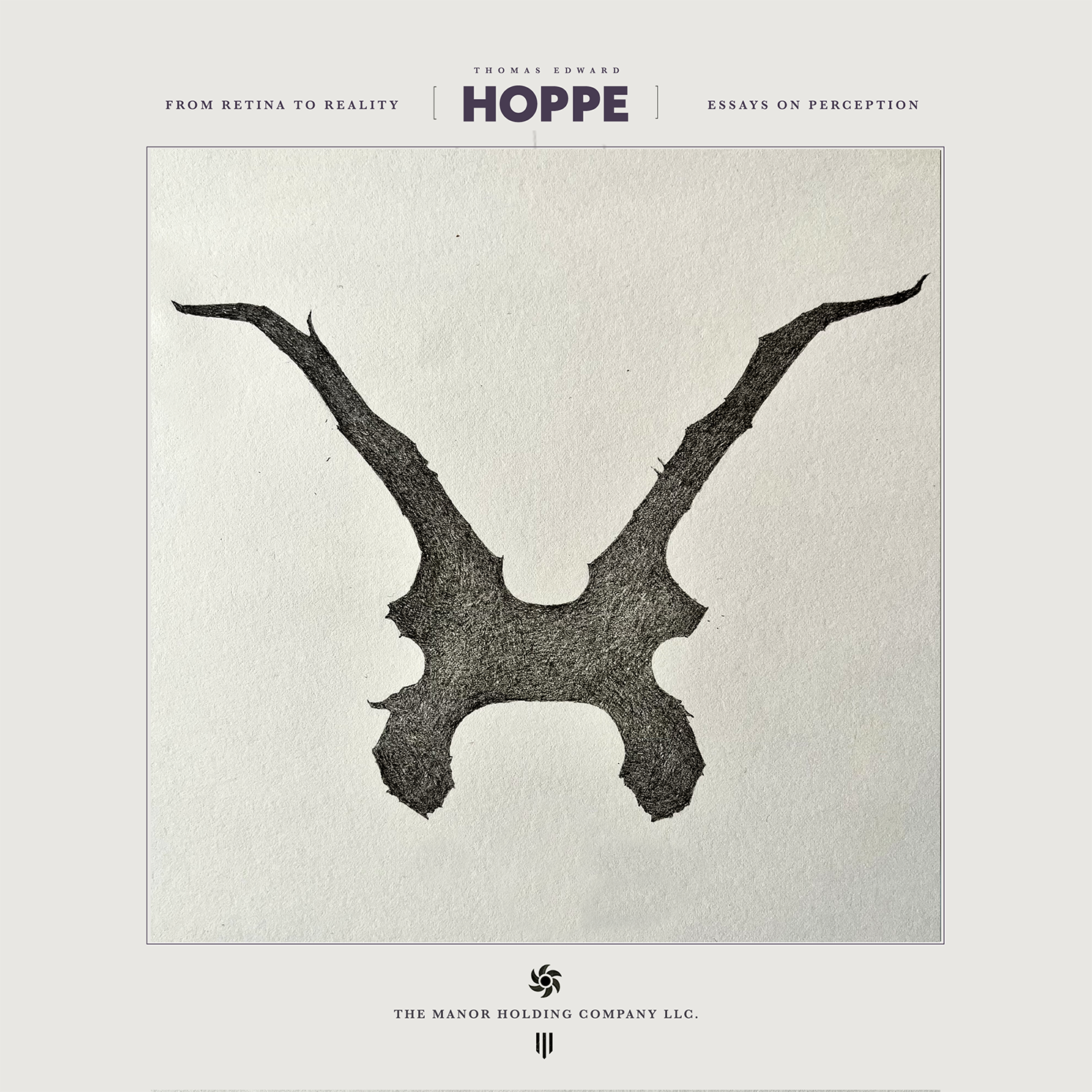Essays
The X Principles of Sharp Point Shading
I. Never Work in your Own Shadow.
II. Protect your Paper from Damage.
III. Keep your Pencil Sharp at All Times.
IV. Shade in Forward Progression.
V. Graze with a Delicate Touch...
Everyone Sees Something Different
A drawing that took four years to complete has sparked hundreds of wildly different interpretations. Built entirely on the golden section, it reduces detail until only essence remains – inviting projection, ambiguity, and eventual revelation.
The Split of the Structure: An Analysis
Susan’s body is caught between opposing angles—hexagonal and pentagonal—that symbolize the Manor’s tension between rigidity and freedom. The painting is both a portrait and a puzzle: her posture encodes the very struggle she must transcend.
Thomas Hoppe: The Art of Symphonic Chromatic Fusion
This discovery paralleled Marcel Duchamp's work, whose "ready-made" concept elevated ordinary objects to the level of Art. Like Duchamp, Hoppe infused his subject matter with mystery, recognizing objects' power to transcend their physicality when subjected to deeper analysis. The dolls, while absurd and almost surreal, also bore a Pop Art-like quality, linking Hoppe's work to modern and post-modern art movements.
Miss Viola
Miss Viola emerged from a union of geometry, music, and stars. At first I tried to force her into structure, but she resisted—revealing a deeper truth: beauty creates its own geometry. Her room radiates from her consciousness like a solvable puzzle.
"The Impossible Stairs"
Beyond Basics: Advanced Drawing with Blackwing
Learning to draw like everyone else is not a very complex matter. You can use any pencil you want. If you want to learn my technique, you need to use Blackwing pencils. They are higher quality than other brands and they have properties which make them more suitable for shading with a sharp point.
From Retina to Reality: The Art of Perception
Art is never complete without the observer. Our brains take crude retinal projections and make them whole, filling gaps with culture, memory, and imagination. Mastery today is not just technical skill, but an understanding of perception itself.

